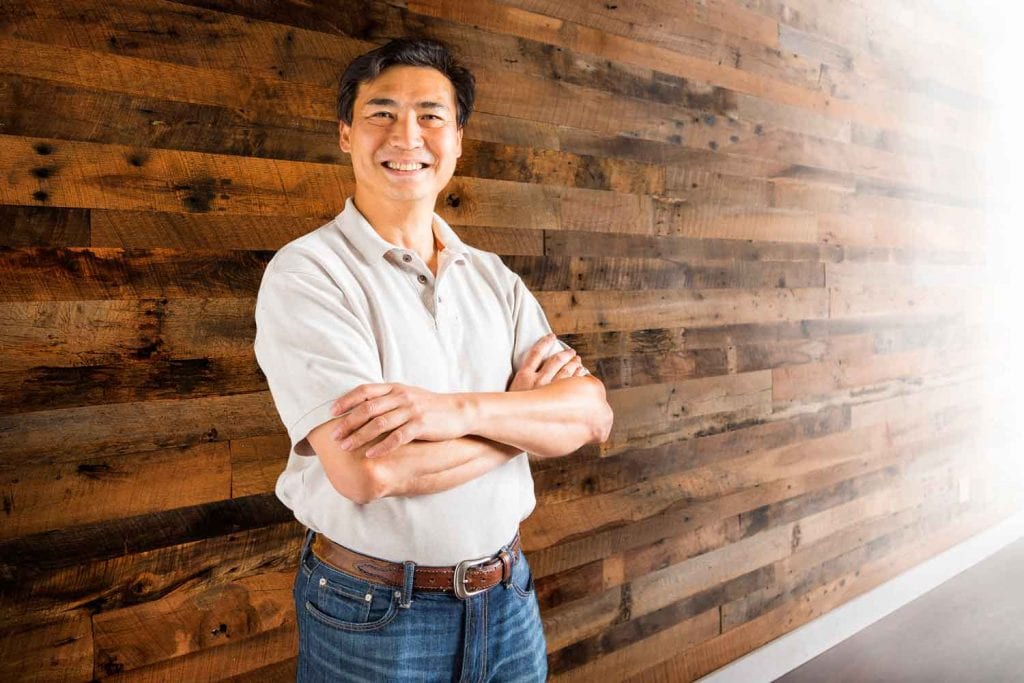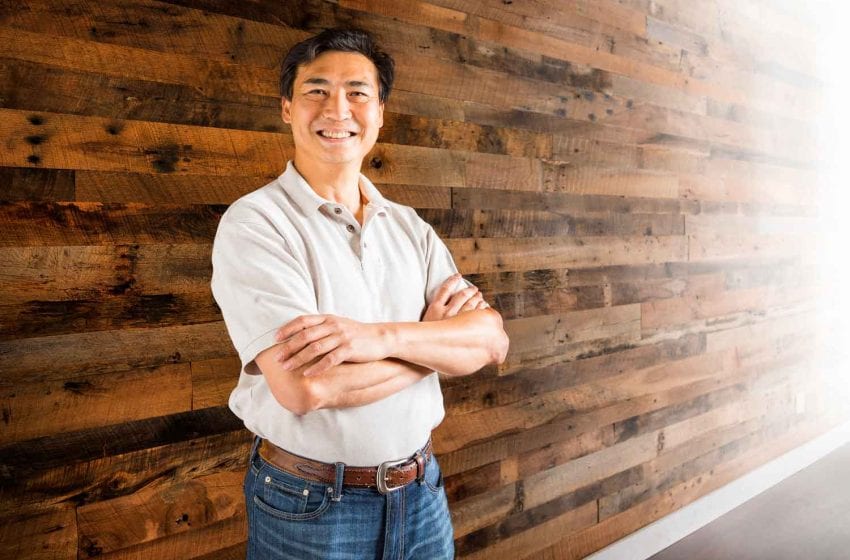
Avail Vapor has sold the majority of its retail locations and closed its remaining stores. The company has also sold or closed its ancillary businesses. James Xu, founder of Avail, said the decision was motivated by multiple factors over several years, including what he called unclear and convoluted federal regulatory processes.
At one time, Avail Vapor was the largest family-owned vapor retailer in the U.S. with more than 100 stores in a dozen states. In January 2020, the company split into regulatory compliance and consulting business, and a major wholesale distribution company. Those businesses have also been sold or closed.
Xu said the U.S. Food and Drug Administration’s premarket tobacco product application (PMTA) pathway was a major factor in the decision after the agency arbitrarily changed the requirements to get a PMTA approved. “It’s completely just a mess with FDA policy making and policy strategy. It just did not make any sense from day one,” Xu said. “Everything is really in this gray area. It was totally different from what our mission was and Covid is not helping any retailer.”
Xu said Avail spent more than $10 million in its bid to get regulatory approval since 2016, when the FDA set forth new compliance standards for vaping products. But the FDA rejected Avail’s applications in September and the company sued the government agency in federal appeals court. However, the FDA then stayed enforcement of its marketing denial order on Nov. 1, pending an administrative appeal.
The economic impacts of Covid-19 also created challenges for the company, which began downsizing in August when it sold an estimated 30 of its stores to North Carolina-based competitor AMV Holdings, parent to Kure and Madvapes. It then shuttered or sold its remaining 20 stores, including five in the same city as the company’s headquarters, Richmond, Virginia, Xu said in an interview with Richmond Biz Sense.
Avail was an early entry into the vapor market, opening its first stores in 2013. By 2015, the company was producing its own e-liquids in its 37,000-square-foot office and manufacturing facility. It soon began also producing e-liquids for several other major brands. Xu said that he is not leaving the vapor industry and that a new project would be announced soon.











